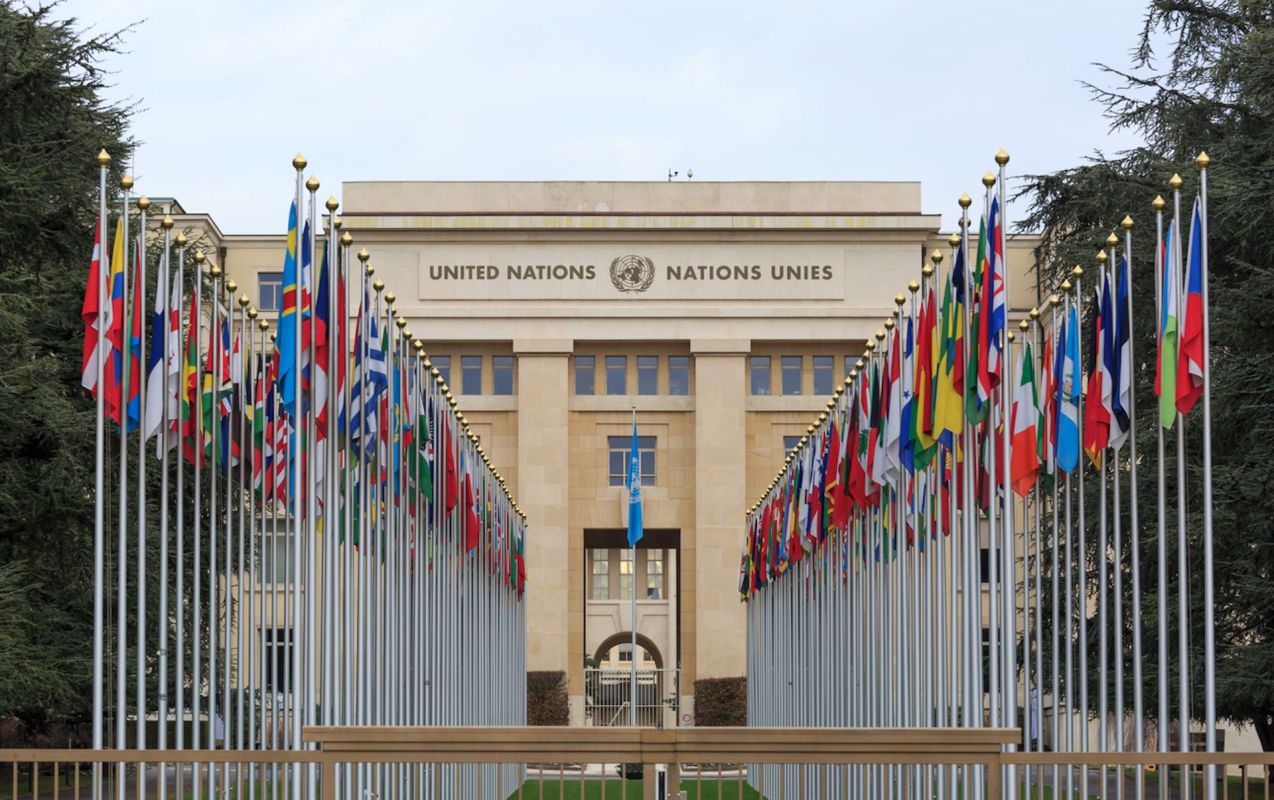Ahead of a meeting in India between leaders of the world's top 20 economies, the United Nations has released a report detailing the essential steps required to prevent the increasing damage of the Earth's overheating.
As the Associated Press reported, the U.N. warned that our "window of opportunity" is closing, and the planet's biggest polluters must commit to radical change to protect the Earth and its inhabitants.
What does the report say?
The U.N. report observed that the world is not on course to meet 2015 targets to prevent temperatures from surpassing a rise of 2.7 degrees Fahrenheit, and now rapid changes are required.
Among them is the need to cut planet-warming pollution by 43% by 2030 when compared to 2019 levels, with a 60% reduction necessary before 2035.
"The phase-out of unabated fossil fuels is required," the report noted, with an additional recommendation to end subsidies to coal, oil, and gas that total $450 billion.
The "global stocktake" report emphasized the need to halt and reverse deforestation, implement more efficient crop-growing processes, and increase energy production from sustainable sources.
Why is the report so concerning?
"The report really puts a spotlight on that kind of transformation of systems that needs to take place," David Waskow, international climate initiative director at the World Resources Institute, told the Associated Press.
"We're past the point of incremental type of change if we're going to take seriously what needs to be done.''
The U.N. report emphasizes the need for more radical change, noting that for "communities and people around the world, increased adaptation action as well as enhanced efforts to avert,
minimize and address loss and damage are urgently needed," especially for unprepared communities.
Climate scientist and Climate Analytics CEO Bill Hare told the AP the report appears to be a "final warning," pleading with the global leaders meeting in India to "get your act together" or "we're going to cook."
Is it all bad news?
While the report spells out a potentially bleak future if positive steps are not taken — especially by the 20 economies meeting in India that are responsible for 80% of the world's planet-harming pollution — there is some good news, the AP reports.
Citing data from the Intergovernmental Panel on Climate Change's AR6 Synthesis Report, the U.N. observed that from 2010 to 2019, unit costs saw massive reductions for solar energy (85%), wind energy (55%), and lithium-ion batteries (85%), thanks largely to the growth of solar power and electric vehicles.
The U.N. also noted that deforestation has declined since 2000, but the rates remain high.
There's work to be done, but the U.N.'s roadmap provides a route for some of the planet's top polluters to take meaningful action to stop global heating.
Join our free newsletter for cool news and cool tips that make it easy to help yourself while helping the planet.









